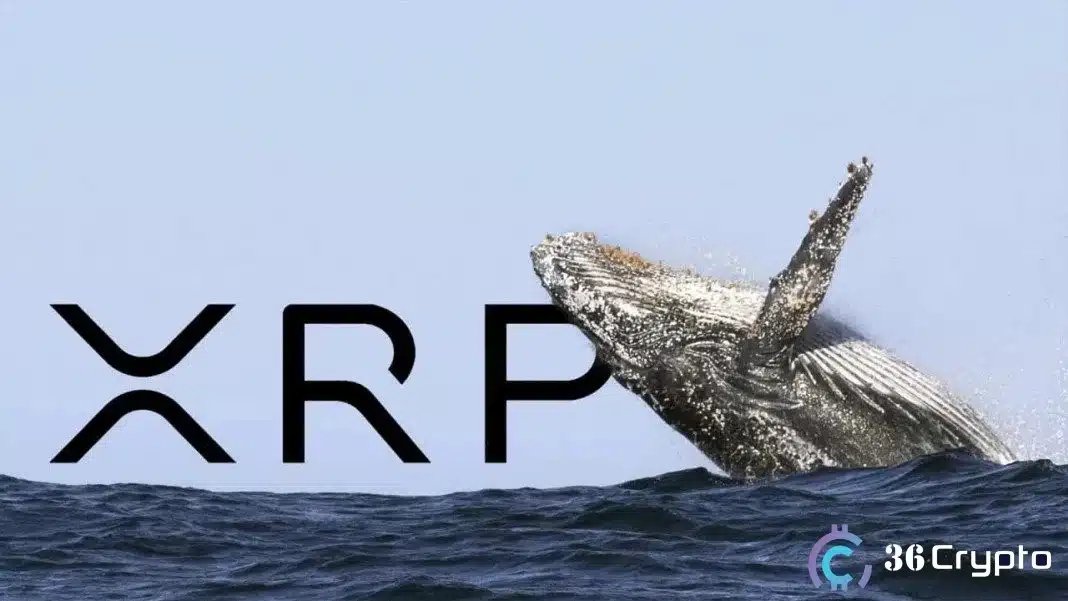Michigan Pushes Crypto Reserve Bill Allowing 10% State Investment in Digital Assets

Highlights:
- Michigan advances bill to allow cryptocurrency holdings in official state financial reserves.
- The proposal includes strict crypto security rules like encryption, audits, and multi-party approvals.
- Michigan joins the growing list of states exploring Bitcoin reserves for budget diversification.
Michigan is moving forward with plans to hold cryptocurrency as part of its state funds. House Bill 4087, which would let the state invest in certain cryptocurrencies under set rules, had its second reading on Thursday and was sent to the Committee on Government Operations. If it becomes law, Michigan could start using digital assets more widely in its financial plans.
Michigan Moves Toward Crypto Reserve with Strict Security Rules
Republican lawmakers Bryan Posthumus and Ron Robinson put forward the bill in February. The bill says crypto must be stored in one of three ways: with a secure storage service, with a qualified custodian such as a bank or trust company, or through exchange-traded products from registered investment firms. The bill allows Michigan to set up a Bitcoin reserve and invest up to 10% of its countercyclical budget and economic stabilization fund in crypto.
The proposal sets strict security rules, including government-only access to private keys, full end-to-end encryption, no phone-based access, secure data centers in multiple locations, multi-party approval for transactions, and routine audits. It doesn’t specify which digital assets qualify for strategic reserves, only defining the criterion.
The bill states:
Supporters argue that Bitcoin can safeguard Michigan’s funds, reduce risks, and improve returns due to its fixed supply and rising adoption. They believe it strengthens financial security. Critics warn of volatility and unclear regulations, saying Bitcoin’s price swings could threaten stability and harm the state’s long-term financial health.
Only Three States Have Passed Laws
Several U.S. states are moving toward Bitcoin reserve plans, with Michigan joining more than 20 others drafting similar legislation. This wave highlights the rising attention on digital assets and their role in diversifying state portfolios. New Hampshire, Arizona, and Texas have already passed their own Bitcoin reserve laws.
New Hampshire led with HB 302, allowing its treasurer to invest in digital assets with a market cap above $500 billion. Currently, only Bitcoin qualifies. Arizona’s Bill 2749 focuses on holding unclaimed assets and staking rewards in the state treasury rather than buying crypto directly. Texas’s SB 21 calls for a state-funded Strategic Bitcoin Reserve. Similar bills have been rejected in Montana, North Dakota, South Dakota, Wyoming, and Pennsylvania, while 17 other states still have proposals under review.
In Michigan, however, the proposal has faced pushback. The Michigan Bitcoin Trade Council opposes the bill, saying it lacks a minimum market size requirement. Without this, the state could end up purchasing cryptocurrencies other than Bitcoin. The group warns this would be risky, as they view other digital assets as more centralized and less secure than Bitcoin.

eToro Platform
Best Crypto Exchange
- Over 90 top cryptos to trade
- Regulated by top-tier entities
- User-friendly trading app
- 30+ million users
eToro is a multi-asset investment platform. The value of your investments may go up or down. Your capital is at risk. Don’t invest unless you’re prepared to lose all the money you invest. This is a high-risk investment, and you should not expect to be protected if something goes wrong.
You May Also Like

Top 3 Cryptos That Could Turn $100 Into $5,000 in 2025 – Including This Meme-to-Earn Token’s Game-Changing Potential

Whales Dump 200 Million XRP in Just 2 Weeks – Is XRP’s Price on the Verge of Collapse?
